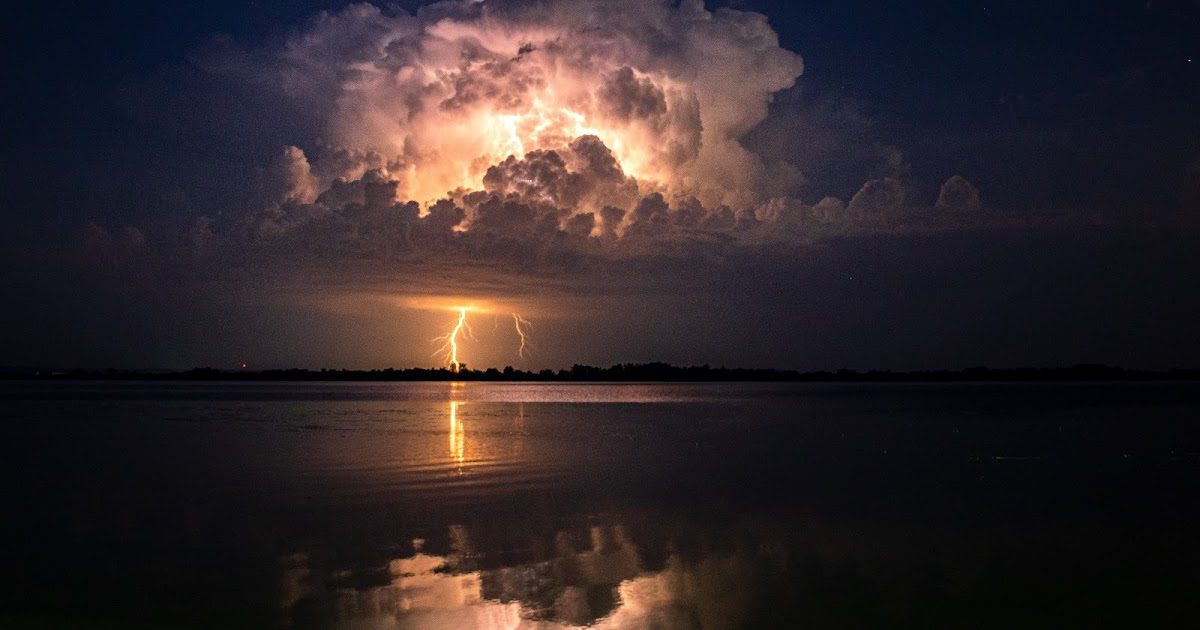Severe Weather Series: 5 Tips to Protect Your Home from Lightning

There’s truly no place like home—which
is why it is so important to prepare your dwelling for anything Mother Nature
might throw your way. As a New Yorker, you are probably no stranger to snowstorms, thunderstorms, floods, and even
tropical storms, all of which can pose a threat to your humble home at
virtually any point in the year. While winter is typically the most dreaded
season for property owners who are trying to stay ahead, thunderstorms and lightning can also seriously
damage a home and lead to catastrophic outcomes in the summer months.
Although lightning can be unpredictable, there
are initiatives you can take as a homeowner to lessen the likelihood your home
will be damaged in the event of a strike. Continue reading to learn about five
tips that can help protect your home from lightning!
Install a Home Lightning System and Automatic
Sprinklers
Installing a home lightning system is one of
the best ways to protect your home from hazards associated with lightning.
These systems usually utilize a combination of lightning rods, main conductors,
grounds, bonds, and surge protectors. Consisting of highly conductive copper
and aluminum that helps to safely ground electricity, a home lightning system
can divert strikes to a safe landing point and keep your home safe.
If you haven’t already done so, consider
installing automatic sprinklers in your home and other smart technology that
can automatically act in the event of an emergency to protect your home. In
addition to being another safety net should a house fire occur after a
lightning strike; you may be eligible for discounts
on your homeowners insurance for introducing automated safety
features.
Unplug Electronics & Appliances
In addition to causing structural fires, a lightning strike
can also cause damage to your electronic devices. When lightning strikes a home
or power line, it can result in a power surge capable of permanently damaging
appliances. A power surge is when a high rush of electricity – higher than your
wiring is intended to withstand – moves through your wiring all at once.
To avoid this type of damage, a preventive measure
that homeowners can take is to unplug appliances void of surge protection
when a storm is expected.
Install Surge Protectors
Sometimes severe storms can happen with little
or no warning. With this in mind, you should try to be proactive in your
preparation for a storm rather than reactive. One step you can take to prepare
your home for a storm is to ensure that you have a surge protector to defend all
of your electronics and appliances that remain plugged in.
Surge protectors work by limiting the amount
of voltage that can be transported to appliances and electronics. They allow your devices to receive the
requisite electricity to operate and divert away any spikes in electricity to
keep your property safe.
Avoid Running Water
An additional hazard that should not be
overlooked when considering lightning safety is the potential for electrocution. Electrical
currents produced by lightning can travel through a home’s pipes and plumbing
and present a danger to inhabitants. For this reason, it is important to avoid
taking showers, washing dishes, or washing hands during a storm with lightning.
Review Your Homeowners Insurance
When lightning or tragedy strikes, you can
feel relief knowing your home and other assets are protected with Home
Insurance. For this reason, it’s important to regularly review your insurance
coverage with your agent to ensure you are taking advantage
of all of the possible discounts and additional coverages at your fingertips. Click
the button below to contact an agent today!








